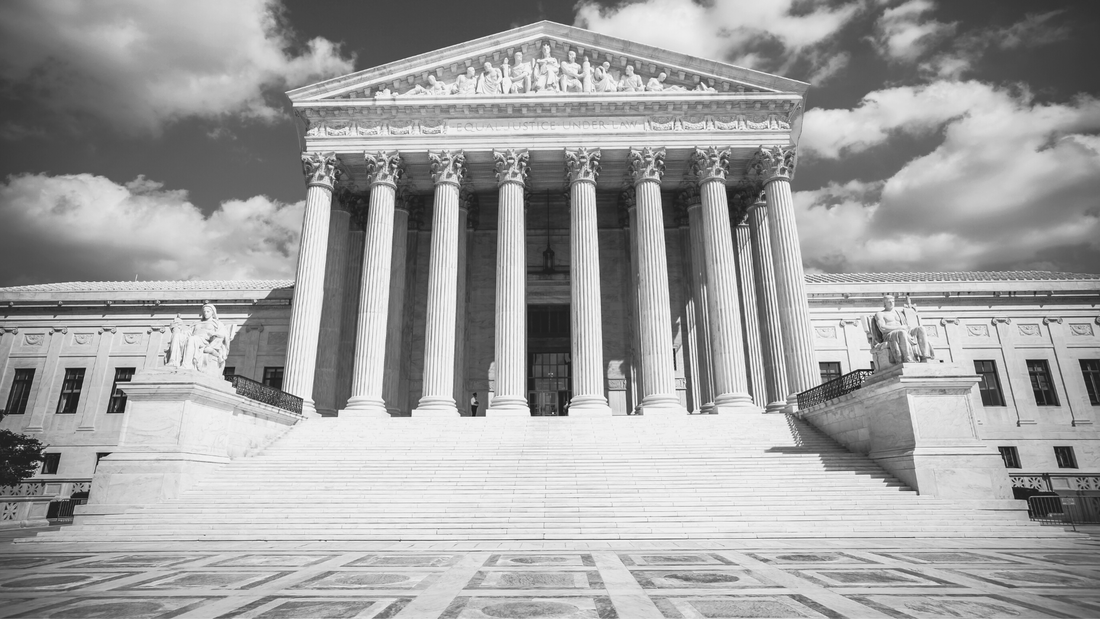Protect The 1st Urges Supreme Court to Rescue the First Amendment Rights of California Lifeguards12/5/2022
Jonathan Savas v. California State Law Enforcement Agency Protect The 1st filed a brief on Friday in favor of a Supreme Court petition from 21 current and former lifeguards who are being forced to remain for years against their will as dues-paying members of a public employee union.
In September 2019, these California Department of Parks and Recreation lifeguards signed forms that authorized a public union, the California State Law Enforcement Agency, to enroll them as members and deduct union dues from their wages. On the form was a vaguely worded statement that there were limitations to withdrawal from the union. This may have seemed like boilerplate since a Supreme Court opinion in June 2018, Janus v. American Federation of State, County, and Municipal Employees, held that public-sector unions cannot require non-member employees to pay agency fees covering the costs of even non-political union activities. The form did not explain that if members wished to resign their union membership, they could only do so during a single thirty-day period every four years. This means the lifeguards who signed the form will be forced to remain union members until July 2023. Over this time, any political stance or activity taken by the union will be done in the name, and with the money, of these unwilling members. The lifeguards sued to protect their First Amendment rights. In April, the federal Ninth Circuit Court of Appeals ruled against them. In our brief before the Supreme Court, Protect The 1st informs the Court: “The front page of the California State Law Enforcement Agency (‘CSLEA’) website currently sports a banner reading ‘My Union, My Choice!’ But when Petitioners asserted their choice to leave that union, the union and the state of California sang a different tune. California has a ‘maintenance of membership’ agreement with CSLEA, which forces employees to remain union members and pay full union dues for four years, all the while subsidizing union speech they no longer wish to support. “Compelled speech and association—especially of a political nature—is not permissible under the First Amendment. And it is particularly shocking in this case, where the State seizes money from Petitioners’ paychecks and gives it to the union, which in turn supports political candidates and legislation through multiple election cycles.” Our brief demonstrates three reasons why the Court should take up this case. The “Member Maintenance” Agreement Compels Political Speech California is forcing these government employees to support union speech, including political speech and candidates supported by the union, for up to four years. The repeated injuries to First Amendment rights over such a long period of time are especially egregious. Even De Minimis Violations of the First Amendment Are Illegal Compelling speech from American citizens for four years is unconscionable, but any compelled speech or association that violates the First Amendment, even if that compulsion includes only a few words or lasts for a few moments, is objectionable. As the Supreme Court held in 1976, “The loss of First Amendment freedoms, for even minimal periods of time, unquestionably constitutes irreparable injury.” The Lower Courts Are Eviscerating Janus’s Protections Before the Ninth Circuit’s ruling against the lifeguards in April, the Third and Seventh Circuits had also imposed improper limits on the Supreme Court’s Janus decision. The Court had made it clear that “compelled subsidization of private speech seriously impinges on First Amendment rights.” Yet lower courts continue to allow such violations. “This petition gives the high Court the means by which to reinforce the plain meaning of its ruling in Janus to the lower courts,” said Gene Schaerr, general counsel of Protect The 1st. “It upholds the obvious principle that the erosion of our First Amendment rights for even a minute is unacceptable – and the maintenance of that violation for years is obscene.” Comments are closed.
|
Archives
June 2024
Categories
All
|
ABOUT |
ISSUES |
TAKE ACTION |



 RSS Feed
RSS Feed